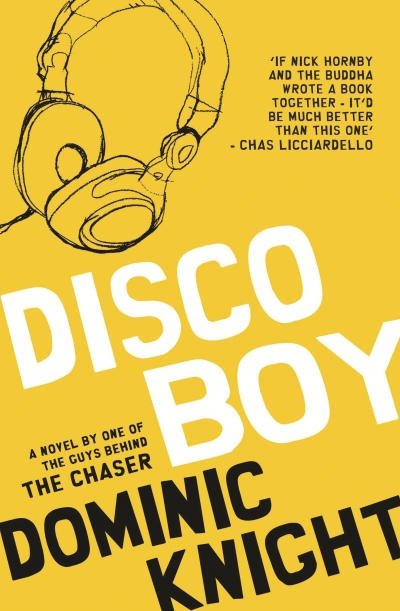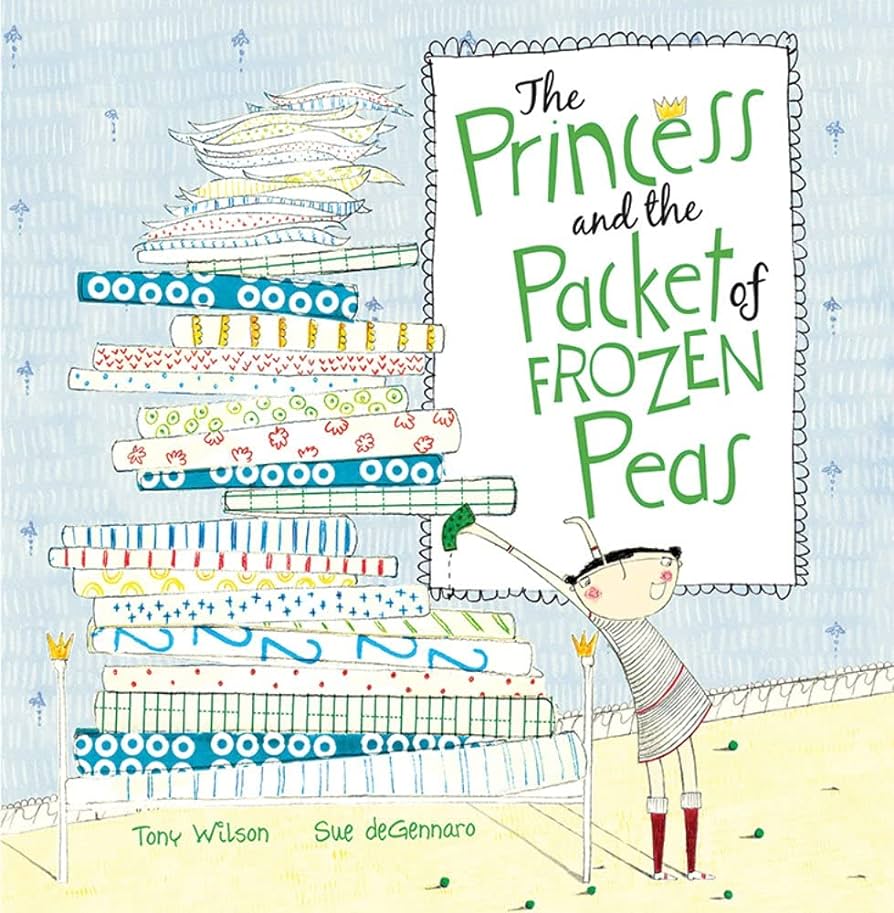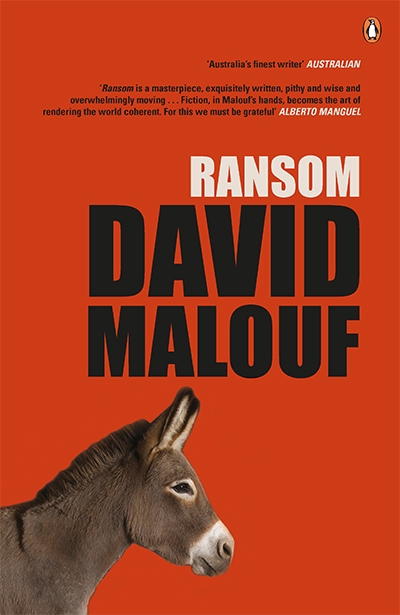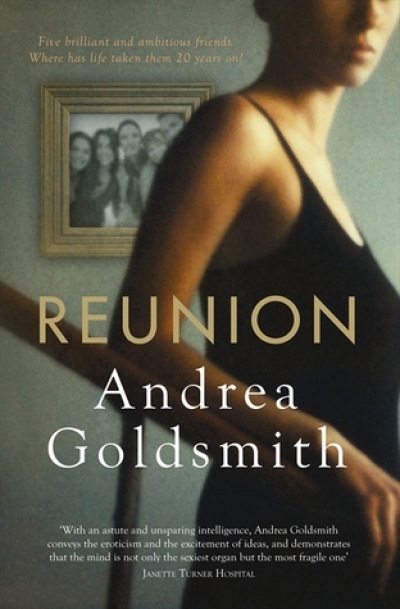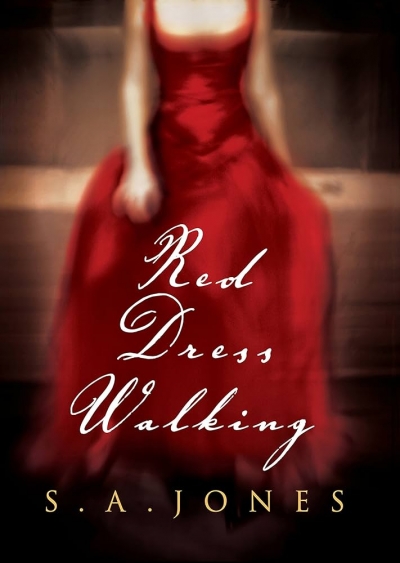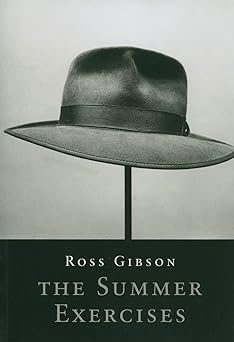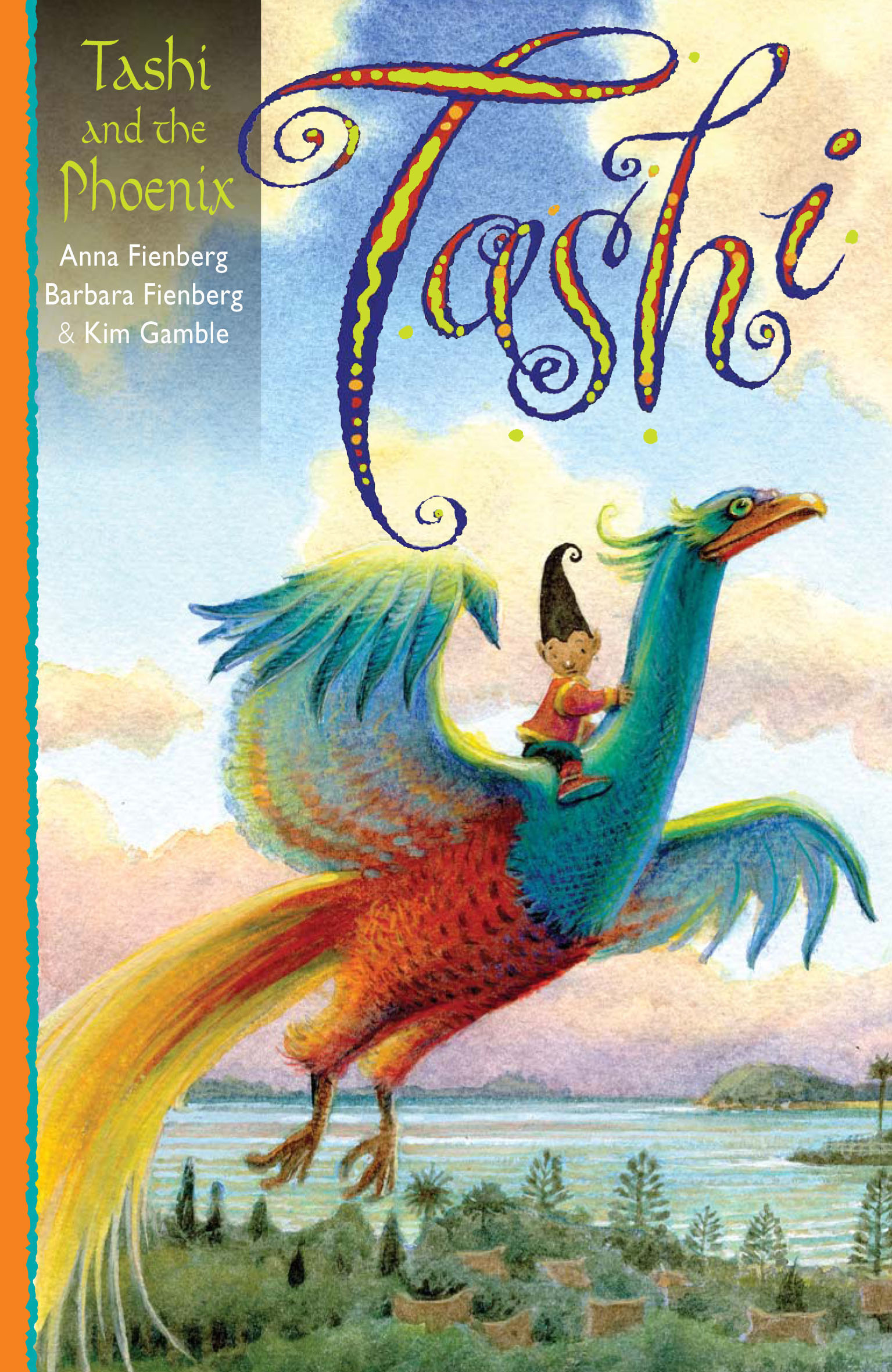Fiction
Dominic Knight’s début novel chronicles a life on hold. Its narrator, Paul Johnson, is a twenty-five-year-old law graduate from Sydney University. Single and living off his parents, he detests his job as a mobile DJ, yet also loathes the prospect of working in a legal firm like his friend, Nige, whose life ‘is a corporate T-shirt saying “work hard, play hard”’. Paul’s comic struggles to overcome indecision and inertia shape the narrative, and the inner-city culture of Sydney’s young professionals provide its backdrop.
... (read more)There was a party when I first came to this country. The table was heavy with plates of pizza and chicken balls and Turkish dips with sticks of celery that no one touched. Balloons clustered on the ceiling, trying to escape the heat of the room. A badly lit fire in the fireplace sent out curls of smoke, and a double-bar radiator sat burning in the opposite corner.
‘This is my Filipino brother-in-law, Enrico,’ Alan said each time he introduced me, grasping my arm or giving me a playful punch. At that point, the person I was meeting would clap my shoulder and say, ‘Welcome to Australia!’ as if they had rehearsed this gesture for my arrival.
... (read more)The Princess and the Packet of Frozen Peas by Tony Wilson and Sue deGennaro
Food is always a winning ingredient in books for children. Mini-chocoholics will devour I Like Chocolate (Wilkins Farago, $24.99 hb, 28 pp), a delicious book that celebrates the delights of chocolate consumption. Davide Cali has produced an enthusiastic and humorous book with gentle messages about sharing and caring, and eating in moderation. Shaped like a large block of chocolate, I Like Chocolate is ‘sugar-free, won’t melt in your pocket and contains no traces of nuts!’ It is almost as satisfying as a really good truffle.
The story features a young boy who details all the reasons why he likes chocolate, and some of the many ways in which it can be eaten. He also describes how it can be used as a comfort food in a range of situations and as a perfect gift for any occasion. Evelyn Daviddi uses a soft green, red, yellow and, of course, brown palette in her cartoon-style illustrations, which feature a wonderfully expressive cast of characters. This ode to chocolate is sure to entice anyone with a sweet tooth.
... (read more)In David Malouf’s second and perhaps most celebrated novel, An Imaginary Life (1978), of which this new novella is so reminiscent, the Roman poet Ovid is exiled to a primitive village named Tomis. Ovid, ‘called Naso because of the nose’, has been banished due to his unspoken affronts. In Tomis, Ovid, doomed and apart, senses that he must acquire in simplicity a new kind of wisdom:
... (read more)What’s the use,’ asks Alice before wandering away from her uncommunicative sister, ‘of a book without pictures or conversations?’ Grown-up readers can probably manage without the former, but it is unusual to find a novel with as little dialogue in it as Andrea Goldsmith’s Reunion, or one that so deliberately ignores the common injunction ‘Show, don’t tell.’
Yet Goldsmith has several books to her credit, including The Prosperous Thief, which was shortlisted for the Miles Franklin Literary Award in 2002, and for several years taught creative writing at Deakin University. Presumably she knows what she is doing. In point of fact, not only does this flouting of conventional rules come over as quite refreshing, it is in any case justified by the demands of the narrative.
... (read more)Adolescence can be a battlefield. From family, school and neighbourhood clashes to finding support during actual warfare, these four new books for young readers involve characters caught up in very different turf wars.
... (read more)When Donald ‘Donny’ Pinelli’s mother dies, he returns to Glasgow and confronts his past. Donny has been scarred by a dysfunctional family: mad clairvoyant mother; absent gangster father; shallow brother; belligerent sister. As a set-up, this is not particularly original, but Gary Bryson’s novel, Turtle, is full of surprises.
... (read more)Red Dress Walking is the promising début of Western Australian author S.A. Jones. A revealing look at friendships and love affairs, and the cumulative minutiae that make and break them, the novel consists of the alternating narratives of Will and Emily as they reflect upon their relationship and trace it from its unlikely origins to the coup de grâce.
... (read more)Over the last two decades, Ross Gibson has earned an outstanding reputation for ground-breaking investigations into cultural memory, image and place, and for his strikingly innovative films and installations, his curatorial work on the Photographic Collection of the Sydney Justice & Police Museum, his foundational directorship of the Australian Centre for the Moving Image, and, of course, his highly imaginative non-fictional writing. With its eponymous allusions to William Empson and to Jonathan Raban, his Seven Versions of an Australian Badland (2002) announced its own haunting by earlier explorations of the pastoral and of the irreducible ambiguities in history’s traces.
... (read more)Young children often use the word ‘sad’ to describe negative or confusing emotions. ‘What you did made me sad,’ they will say. But children, as they get older, learn to offer richer explanations of interior states: grief, exasperation, shock, bewilderment, hurt, ecstasy and joy. It is language that gives us this flexibility of response. The best books offer us language that matches and sometimes even exceeds the richness of our experiences.
... (read more)

